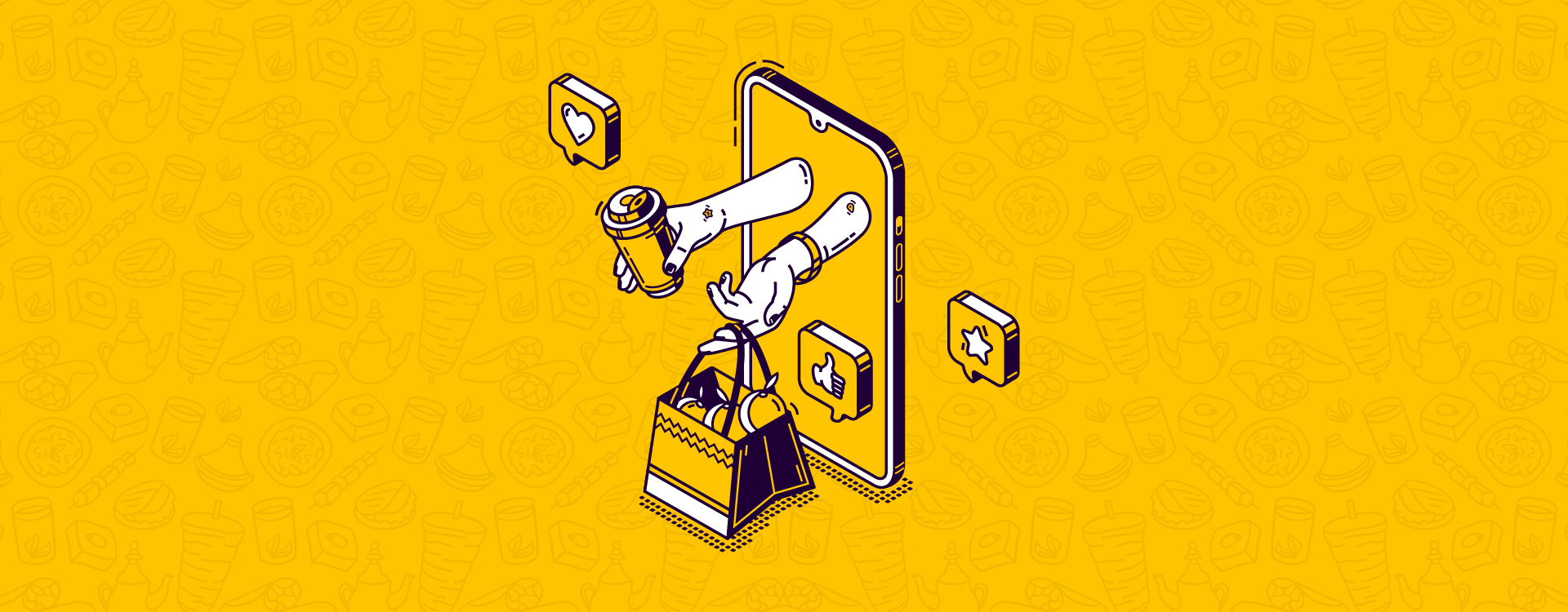The Indian food and beverage industry has had a hard time adopting the direct consumer (D2C) category, mainly due to a long tradition of regular consumer visits to supermarkets and the lack of better online options. However, this tradition is changing. The latest figures show that D2C’s food businesses and beverage brands invested 24.8% in 2019, increasing from 12.5% in 2015, making this segment the fastest-growing category in D2C.
With the development of digital infrastructure, there has been an increase in the number of conscientious consumers ready to try new products and intervene directly and personally with the brand.
‘‘
Many consumer-facing (D2C) brands have taken steps to replace the traditional retail models completely. The impact is visible in areas such as beauty, personal care, food, nutrition and lifestyle.
Why are Food Businesses making the Switch to D2C?
These are the main reasons why food businesses are turning to the D2C model.
Higher profits by eliminating intermediaries
Faster market speed
Ownership and customer data relationship
Complete control and viewing of the customer experience
Ability to make product and business decisions based on data
The Food Businesses D2C Model Allows to Change Logistics and Purchases
D2C models can attract brands directly by eliminating complex additive models such as wholesale and distribution. While many have promoted D2C through e-commerce, some companies have adopted innovative offline models such as new stores and mobile stores. D2C companies own and access high-quality data directly from their customers, helping them deliver personalised experiences and innovations based on the information they generate.
Use Data to Improve the Experience for Businesses and Consumers
Well-known brands can use reseller data to help them better serve their customers or test new products before D2C goes offline. These brands can also add all channel features to bridge the distance of online consumers from physical stores, such as infinite channel and click collection.
Indian Food Businesses that have Successfully Adopted the D2C Model
Soulfull: An Emerging Indian D2C Food Brand
Soulful is a Bangalore-based brand dedicated to reviving traditional Indian grains such as ragi, bajra and jowar through healthy snacks and breakfast products. Launched as a D2C brand in April 2020, the company successfully launched eight new products in six months, delivering 800 products per day.
Zissto
Zissto is a food brand that offers a variety of authentic ready-to-cook sauces. It promises to use the D2C model to sell its products and guarantees good taste, good quality and affordable price.
Namhya Foods
Namhya Foods has carefully prepared Ayurveda based foods that users can include in their natural diet. It also uses D2C standards to meet customers of various products.
Great Opportunities Lie Ahead
With the increase in digital consumption, the need for personalisation, and the preference for convenience, today’s food brands have the potential to provide consumers with exceptional value and experience. The D2C approach helps increase revenue, achieve growth goals, and build a customer-centric business. With increased investment in this sector, direct consumption channels in the food and beverage sector are here to stay.




